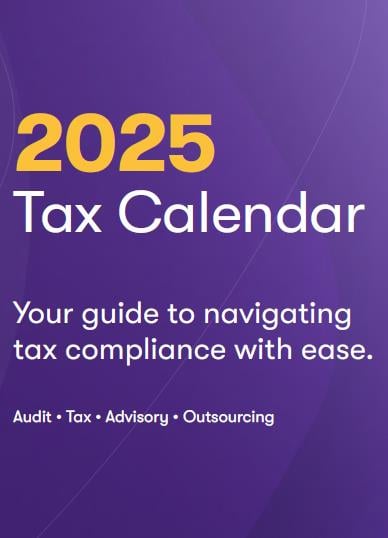Tax Insight
Tax incentives for the film and creative industries in Puerto Rico
Tax incentives for the film and creative industries in Puerto Rico: exploring the benefits for businesses in the creative sectors.
Puerto Rico has been a favorite destination for filmmakers, artists, and creative entrepreneurs, because of its dynamic culture, beautiful scenery and advantageous position. The creative industries serve as an economic embodiment of culture, highlighting Puerto Rico’s exceptional quality of life both locally and internationally. The enactment of Act 60-2019, known as the Puerto Rico Incentives Code, has firmly established the island as a global hub for film production, digital media, and other creative industries. This comprehensive tax incentive law is a game-changer, offering producers, filmmakers, and other creatives significant economic advantages to bring their projects to life.


























